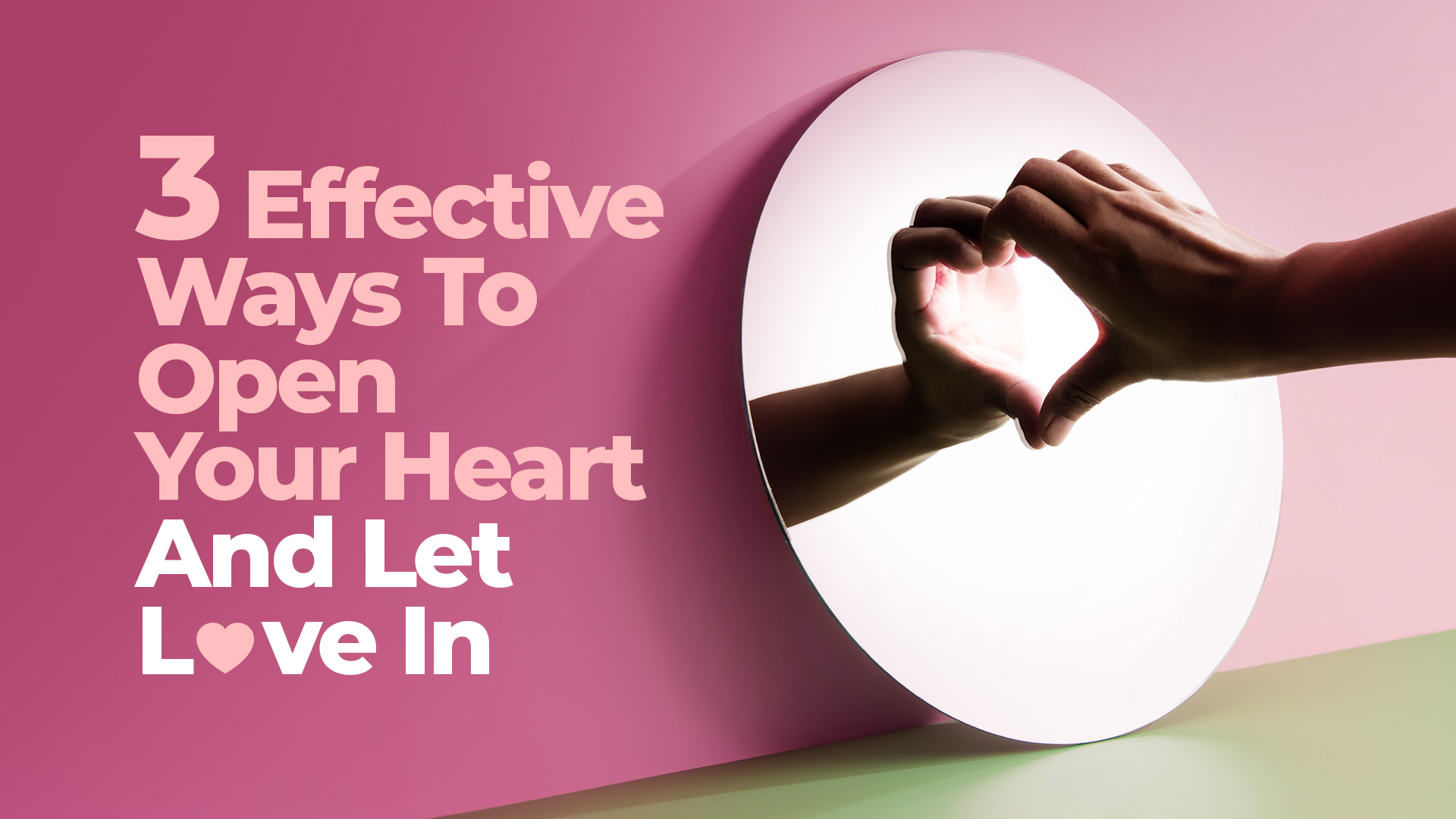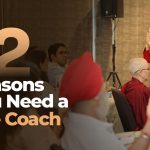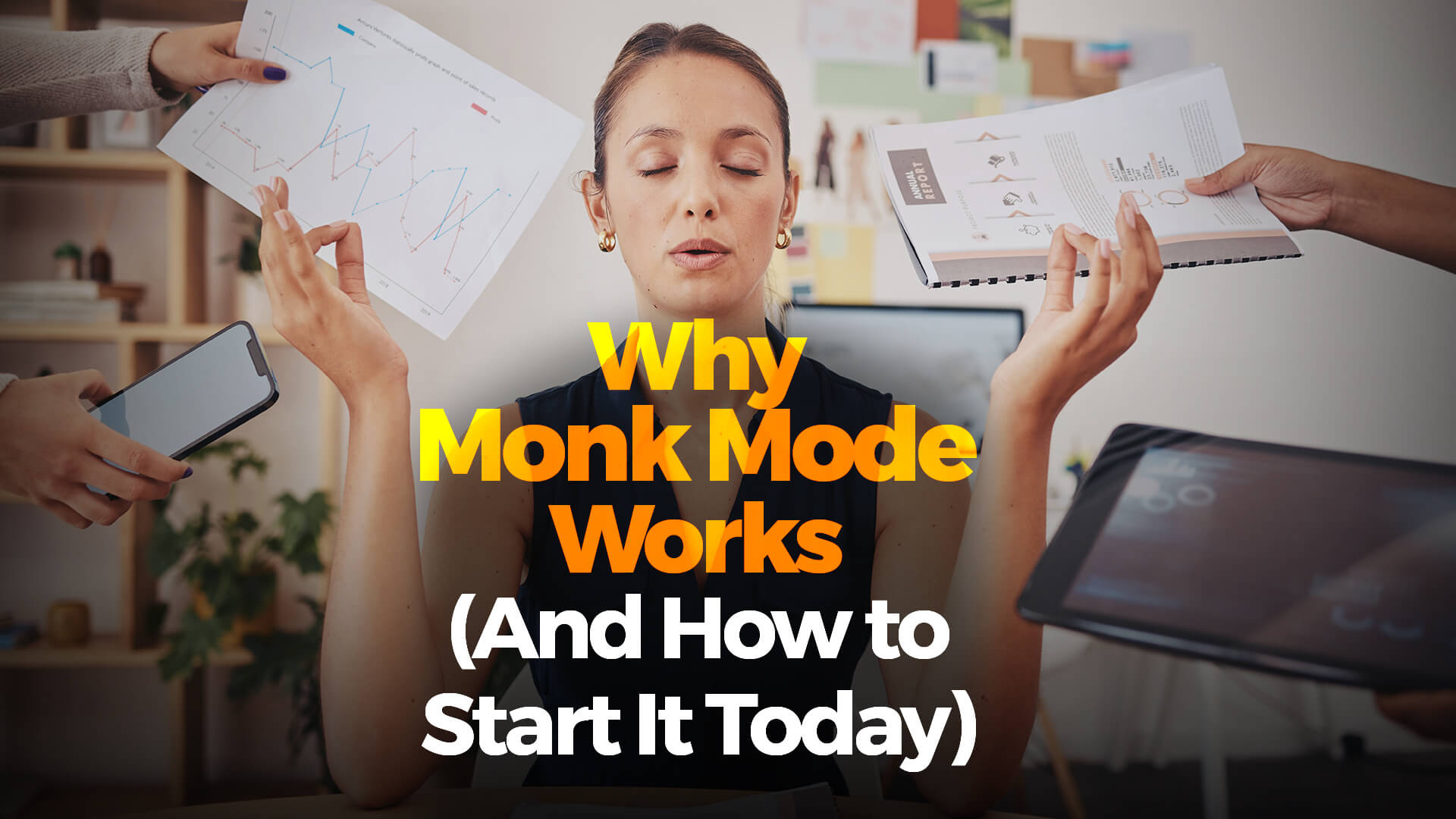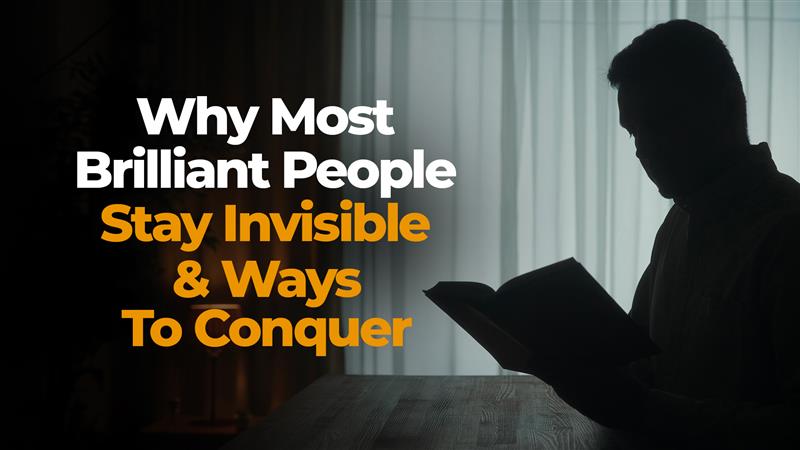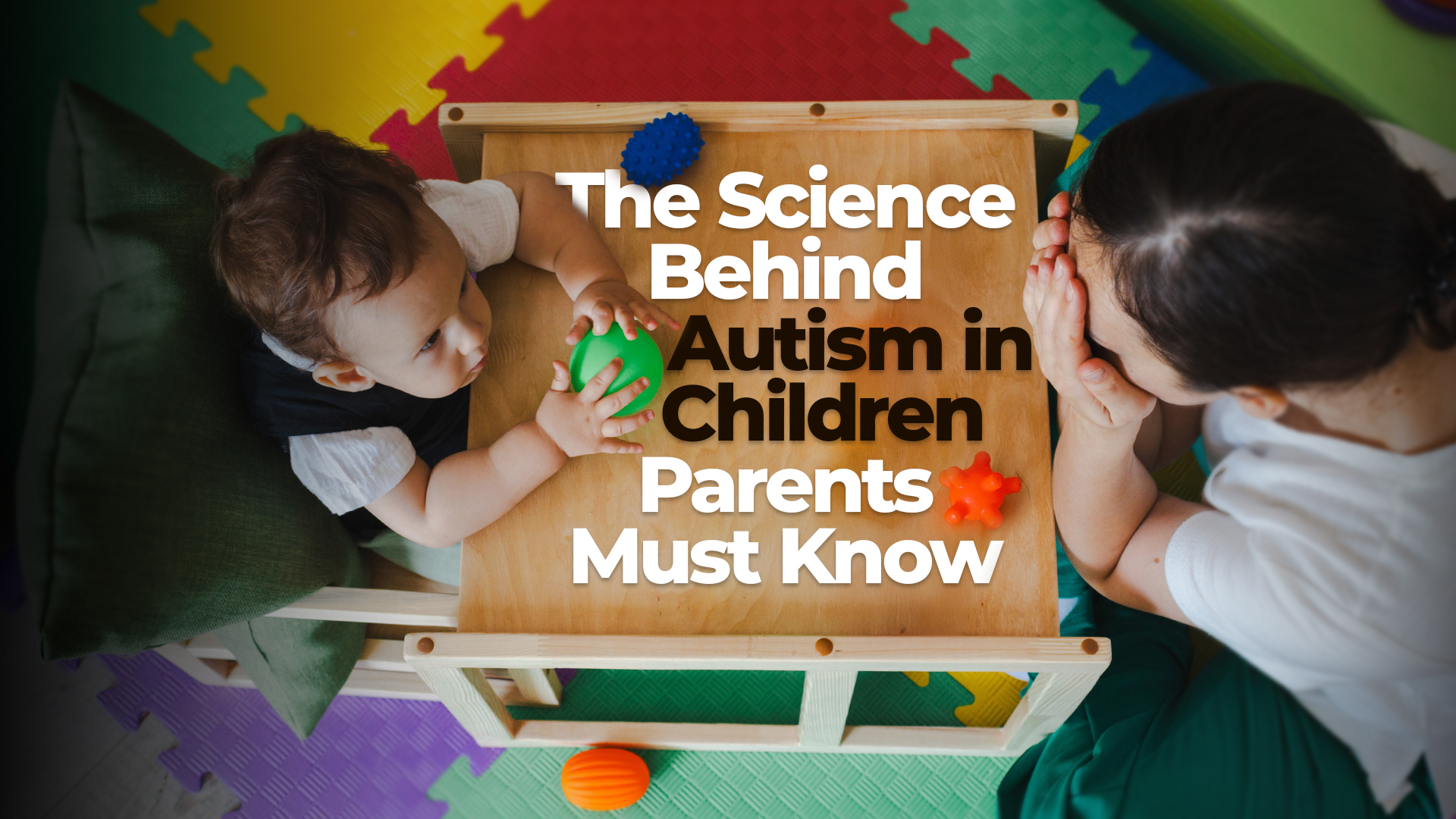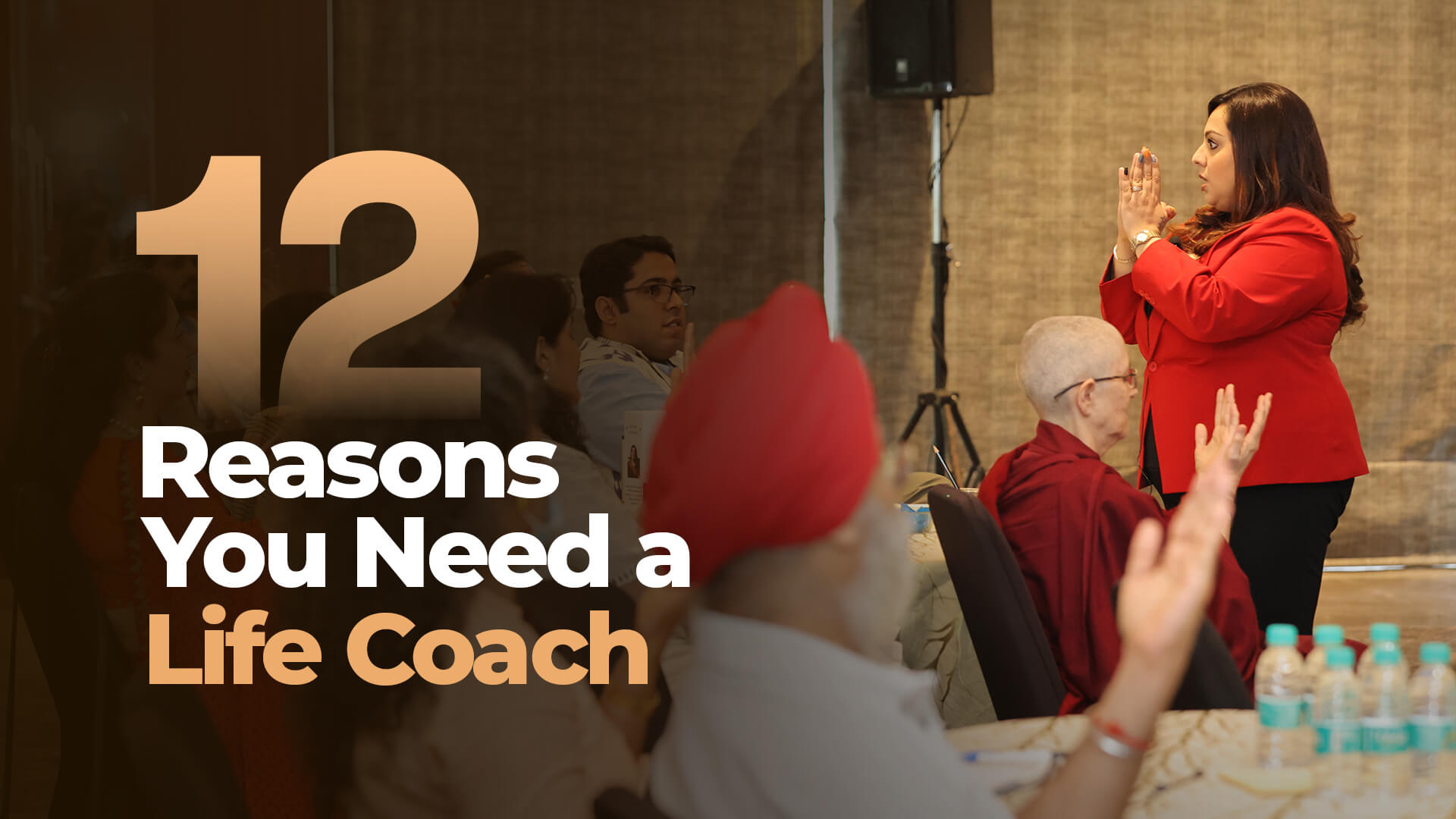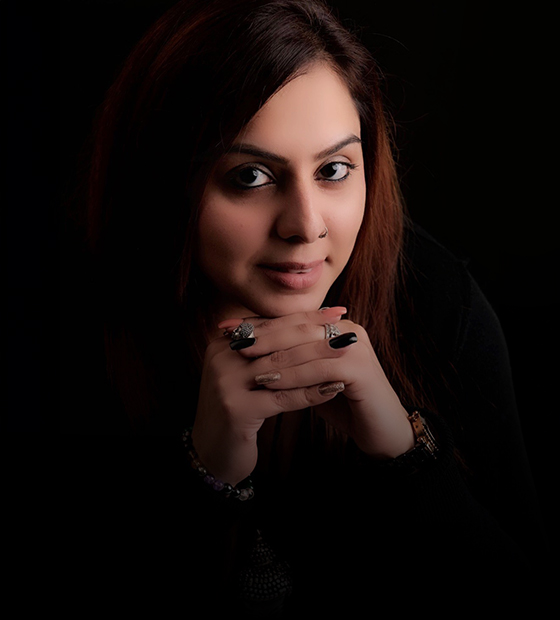Think of your heart as a garden overrun by thorny brambles of past hurts and self-doubt, with seeds of connection lying dormant, awaiting nurturing. Love is like sunlight and water—essential yet challenging to welcome when you’re feeling barren.
Humans are wired for connection, similar to trees connected through underground roots, yet we erect barriers to shield ourselves from vulnerability. These walls, built from disappointment and fear, prevent the nourishment we seek.
Our relationship with love is akin to mastering a musical instrument, requiring practice and the courage to embrace imperfections. Often, people hesitate, fearing dissonance, but true music—and love—emerges when we take risks.
The journey starts not with finding the perfect partner but with exploring the landscape of your heart.
As Oscar Wilde implied, self-love is the first note in life’s symphony. The realization that vulnerability is strength marks your breakthrough, allowing sunlight to reach areas overshadowed by past pain.
What Does It Mean To Open Your Heart?
Opening your heart is like cultivating a beautiful garden of emotional connection. Just as a skilled gardener doesn’t simply wait for flowers to appear, but actively prepares the soil, plants seeds, and nurtures growth, opening your heart is a deliberate and intentional process.
Imagine your inner self as a garden that has been left untended for too long. Some areas might be overgrown with weeds of past hurts, some patches might be dry and cracked from emotional drought, and some fertile ground might be waiting to bloom with vibrant connections.
The first step in this emotional gardening is making a profound commitment to cultivation. It’s a decision to:
Cultivate Connections
Just as a gardener doesn’t limit themselves to one type of plant, reach out and create meaningful connections with the people around you. Each interaction is like adding nutrients to your emotional soil, preparing it for deeper growth.
Become a Nurturing Gardener of Love
Work on developing the qualities of a compassionate and attentive lover. Just as a gardener learns about different plants, their needs, and how to care for them, learn about yourself and how to care for both your own heart and the hearts of others.
Continuously Expand Your Garden
Growth is not a destination but a journey. Be willing to break new ground within yourself. Look at every aspect of your life as a potential plot waiting to betransformed. What areas need clearing?
What seeds of potential are waiting to be planted? What skills can you cultivate to make your emotional landscape more rich and diverse?
The most revolutionary revelation is understanding that you are both the gardener and the garden. You are the caretaker of your own emotional ecosystem, responsiblefor its health, beauty, and potential. By treating yourself with the same care, patience, and love you would extend to a cherished garden, you create an environmentwhere love can naturally flourish.
Your garden doesn’t need to be perfect. It needs to be authentic, well-tended, and open to the possibility of continuous bloom.
As you invest in yourself, you’ll find that love doesn’t just visit—it takes root, grows, and transforms your entire landscape in ways you never imagined possible.
Understanding the Heart’s Barriers
Love is a complex emotional journey that many find challenging to navigate. Recent psychological research reveals the intricate nature of emotional vulnerability,highlighting the deep-seated fears and barriers that prevent individuals from forming genuine, intimate connections.
According to a 2021 psychological study published in the Journal of Social and Personal Relationships, approximately 62% of individuals struggle with emotional vulnerability in romantic relationships. This startling statistic underscores the widespread challenge of opening one’s heart.
Research from the University of California, Berkeley, provides compelling evidence of the power of emotional work. Studies show that individuals who activelydevelop emotional intelligence experience:
- 40% higher relationship satisfaction
- More stable long-term partnerships
- Enhanced stress management skills
The Roots of Emotional Resistance
The barriers to love are multifaceted and deeply personal. Unresolved relationship traumas, past disappointments, and deep-seated fears of rejection create invisible walls around our hearts. These emotional shields develop as protective mechanisms, yet they ultimately prevent us from experiencing true intimacy and connection.
Key obstacles include:
- Persistent fear of emotional hurt
- Low self-worth and self-doubt
- Unprocessed childhood experiences
- Defensive attachment patterns
The Neurological Landscape of Love
Understanding love requires more than emotional insight—it demands a scientific perspective. Neurologically, opening your heart involves complex brain chemistry.
Oxytocin, often referred to as the “bonding hormone,” plays a crucial role in creating emotional connections. When you allow yourself to be vulnerable, your brain releases this powerful neurochemical, facilitating trust and intimacy.
Psychological Foundations of Connection
Modern psychology offers profound insights into emotional openness. Contrary to traditional beliefs, vulnerability is not a weakness but a profound strength. It represents the courage to be authentic, to risk emotional exposure, and to connect deeply with others.
3 Ways To Open Your Heart
Emotional healing is not a destination but a continuous journey of self-discovery. It requires patience, self-compassion, and often professional guidance. Relationship coaching emerges as a powerful tool in this process, offering structured support and strategic approaches to emotional growth.
Professional coaches recommend a multi-faceted approach to emotional healing:
- Practicing honest communication
- Setting healthy boundaries
- Embracing emotional authenticity
- Developing emotional intelligence
1. Self-Reflection
The journey begins with deep, honest self-examination. Journaling becomes a powerful tool for uncovering hidden emotional patterns, identifying limiting beliefs, and understanding your relationship dynamics.
2. Emotional Processing
Healing involves acknowledging and processing past wounds. This doesn’t mean dwelling on pain, but rather understanding how previous experiences have shaped your emotional responses.
3. Intentional Vulnerability
Learning to be vulnerable is a skill. It involves:
Warning Signs and Intervention Points
Recognizing the need for emotional support is crucial. Key indicators include:
- Repetitive, destructive relationship patterns
- Chronic fear of commitment
- Difficulty expressing emotions
- Consistent self-sabotaging behaviors
The Role of Relationship Coaching
Relationship coaching offers a structured, compassionate approach to emotional healing. It provides:
- Personalized emotional mapping
- Strategic vulnerability training
- Comprehensive healing frameworks
- Actionable connection strategies
What to Expect
The coaching journey typically involves:
- Comprehensive emotional history assessment
- Attachment style evaluation
- Personal relationship goal identification
- Targeted healing interventions
- Skill-building for authentic connection
Opening your heart is a courageous journey of self-discovery, healing, and profound connection. While challenging, it offers immeasurable rewards of genuine intimacy and personal growth.
“What can’t come through you can’t come to you.” – Katherine Woodward Thomas
Frequently Asked Questions
Q: What are some signs that I need to open my heart?
A: Signs include feeling isolated, experiencing fear of intimacy, or noticing recurring patterns of disappointment in relationships. If you find yourself guarded or avoiding vulnerability, it may be time to cultivate a more open heart.
Q: How can I practice self-love as part of opening my heart?
A: Self-love can be practiced through daily affirmations, setting boundaries, engaging in hobbies you enjoy, and being compassionate toward yourself. Acknowledging your worth sets a strong foundation for opening your heart to others.
Q: What if I’m afraid of getting hurt again?
A: Fear of getting hurt is natural, but remember that vulnerability is a source of strength. Take small steps in opening up and remind yourself that each experience helps you grow, even if it’s challenging.
Q: Is it ever too late to open my heart?
A: It’s never too late to open your heart. Each moment offers a new opportunity for growth and connection, regardless of past experiences. Embrace your journey at any stage.
Q: How long does emotional healing take?
A: Healing is deeply personal. While significant shifts can occur within 6-18 months, it’s a continuous process of growth and self-discovery.
Q: Is relationship coaching effective?
A: Numerous studies and client testimonials demonstrate the profound impact of professional relationship coaching in facilitating emotional healing and connection.
Reach Dr. Chandni’s support team at +918800006786 and book an appointment.
